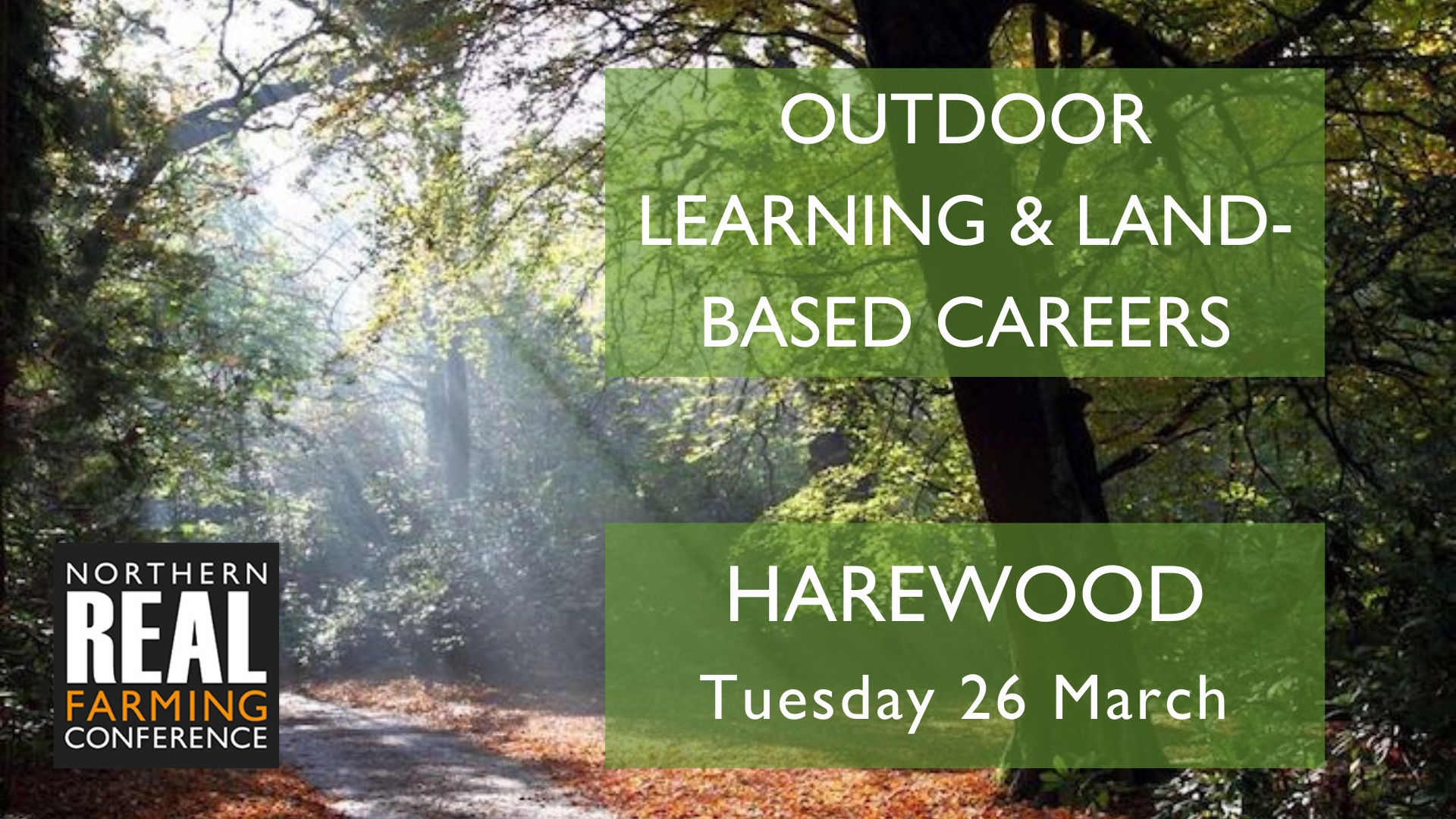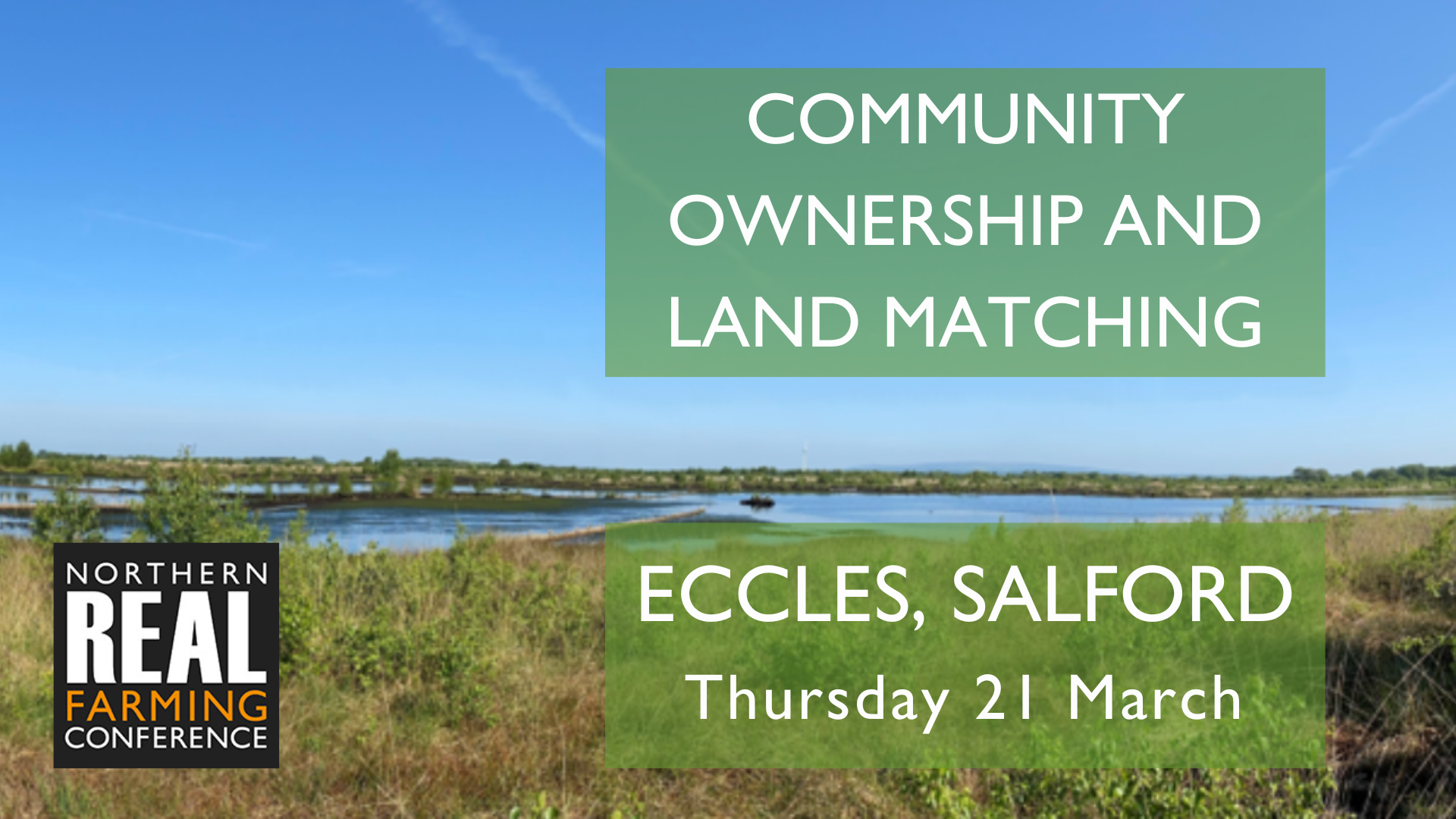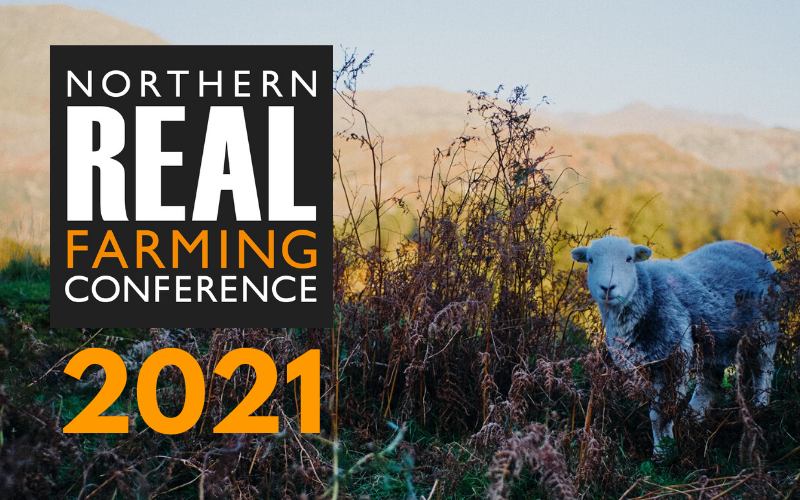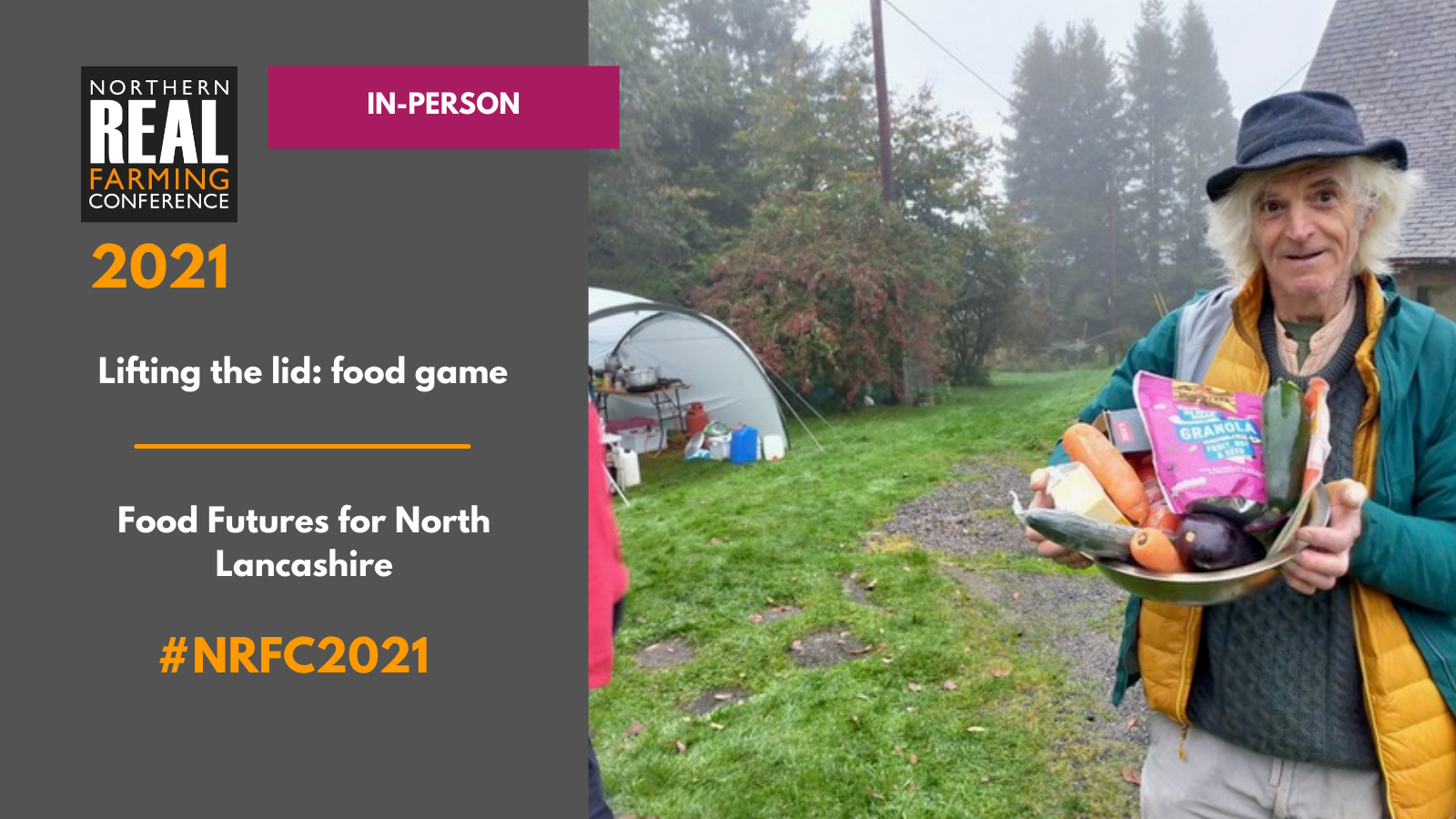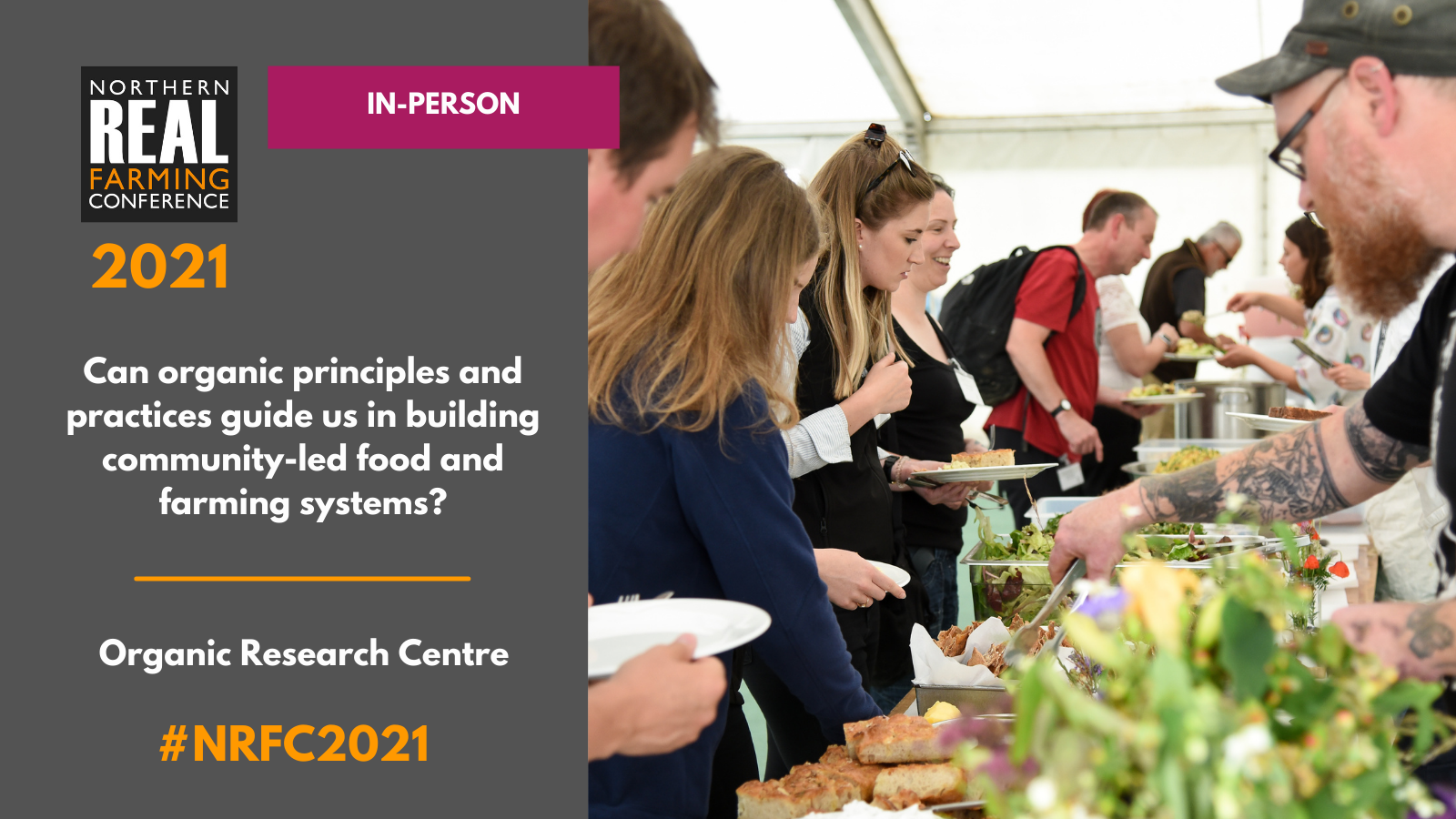Hosted by FFCC
What might a Land and Nature Skills Service for Cumbria look like? We will be focusing on mapping initiatives in Cumbria and Northern England.
Come along to see the skills initiatives we have mapped and add to it. We will discuss what the opportunities, challenges and gaps are based on our online NRFC session, discussions at this session and broader scoping work.
We will share a picture what a Land and Nature Skills Service might look like and through this session we hope to:
– continue to build on the networks, make more connections
– join up the dots between what’s going on and what the priorities are
This will feed into the continued process of scoping to support delivery of what’s needed.
Background:
Highly skilled people are needed to enable a transition to regenerative and holistic farming approaches and deliver on national (and even international) priorities in the context of the multiple and interlinked biodiversity, climate and health crises. Access to knowledge, learning, training and employment are vital to ensure a just transition.
In Cumbria, the need for training and employment is framed by the loss of Newton Rigg College as it was, the need to support farmers to transition to new policy focused on public goods delivery, and the need to deliver on other policy priorities such as green recovery, net zero carbon and nature recovery.
We have been in a process of codesign since October 2020 and have begun scoping what’s needed to deliver land- and nature- based skills training and learning in Cumbria. This has led to a proposal for a Land and nature skills Service for Cumbria, which could act as a central hub of information, support increased delivery and act as an intermediary between policy priorities and capacity for delivery locally. This would support people wanting to join the sector and those already in it to access information, resources and contacts they need.
Speakers/hosts include:
Hannah Field – Hannah Coordinates the Food, Farming and Countryside Commission’s (FFCC) Cumbria Inquiry and is a PhD Student at the University of Cumbria, researching Common Land. Hannah has spent the last 10 years in Cumbria, having worked for Forestry England, run her own business in wool craftwork, as well as studying at the University (BSc (Hons) in Animal Conservation Science and PGDip Ecosystem Services Evaluation). Her research and practical interests are in how diverse perspectives and values in land management can be brought together for social and ecological benefit through place-based decision-making.
Hannah is also passionate about wool and natural fibres grown regeneratively in the UK. She also develops regenerative livelihood programmes and helps with horticulture and livestock on a permaculture smallholding.
Carol Moffat – Carol is from The Farmer Network which is a farmer owned not-for-profit Company, limited by guarantee. We have over 1,100 farmer members and our mission is to help sustain our members’ businesses and maintain the environment, landscape and rural communities of Cumbria and the Yorkshire Dales. The Farmer Network provides a range of services including fuel buying and organising training courses and workshops for farmers. We also apply for funding for projects that support farmers including those that help young people develop a farming related business, improve animal health and providing advice to farmers during the agricultural transition. www.thefarmernetwork.co.uk/
About Carol: Carol works for the Farmer Network as a project manager and the local coordinator for the Yorkshire Dales. She manages a variety of projects including coordinating the Swaledale Facilitation Fund and a project supporting farmers in the Westmorland Dales. She farms at Garsdale and is also Secretary of Baugh Fell Commoners Association and the local branch of the North of England Mule Association.
Jamie Norrington – Jamie works as the Education, Training & Volunteering Officer for Cumbria Wildlife Trust working with school pupils, college students and volunteers involved in lifelong learning about nature, ecology and local wildlife. He would like to see many more formal training opportunities for all levels of participants in our county.
The Trust has hosted Countryside Apprenticeships for many years, which have trained local young people to become Cumbria’s newest countryside rangers at the National Trust, John Muir Trust and North Pennines AONB etc, as well as postgraduate training that helped others progress to roles with the British Antarctic Survey, Fisheries Authority and many other leading organisations.
The Trust also hosts sandwich year placements from the University of Cumbria and research students from a range of universities.
Paul Cambre – Paul joined Growing Well in 2020 in a new role, ‘Head Grower’, to maximise sustainable income from our organic growing enterprise. Paul is from New Orleans and has worked and studied in the US, Canada and China. He has a Masters in sustainable agriculture and was previously Head Grower for a local two Michelin-starred restaurant.
Growing Well offers a range of training opportunities for the people they work with including a chance to study for horticultural qualifications, practical training in tractor driving, and other useful skills. For people working in the office and cooking activities, there are opportunities to attend relevant training. Find out more: www.growingwell.co.uk/
Charlotte Bickler – Charlotte leads the Knowledge Exchange and Policy team at the Organic Research Centre, ensuring that ORC’s research gets out to its key stakeholders in the best format possible. She is based in West Yorkshire and has worked as a researcher at the ORC, Kew Gardens and The University of Bristol. Most recently, she has studied the application of evolutionary breeding within organic systems and developed an on-farm organic variety testing network (now a DEFRA funded project, LiveWheat) with her ORC Crops Team colleagues, Organic Arable and a group of participatory farmers. She has also coordinated knowledge exchange and on-farm trials of crop mixtures and worked to understand the enablers required to deliver crop diversification in European agriculture. She is working to develop local hubs built around Organic Principles and practices via the Organic at the Heart project which developed out of the NRFC20 session that she led (www.organicresearchcentre.com/our-research/research-project-library/organic-at-the-heart/).

